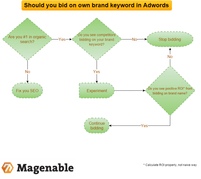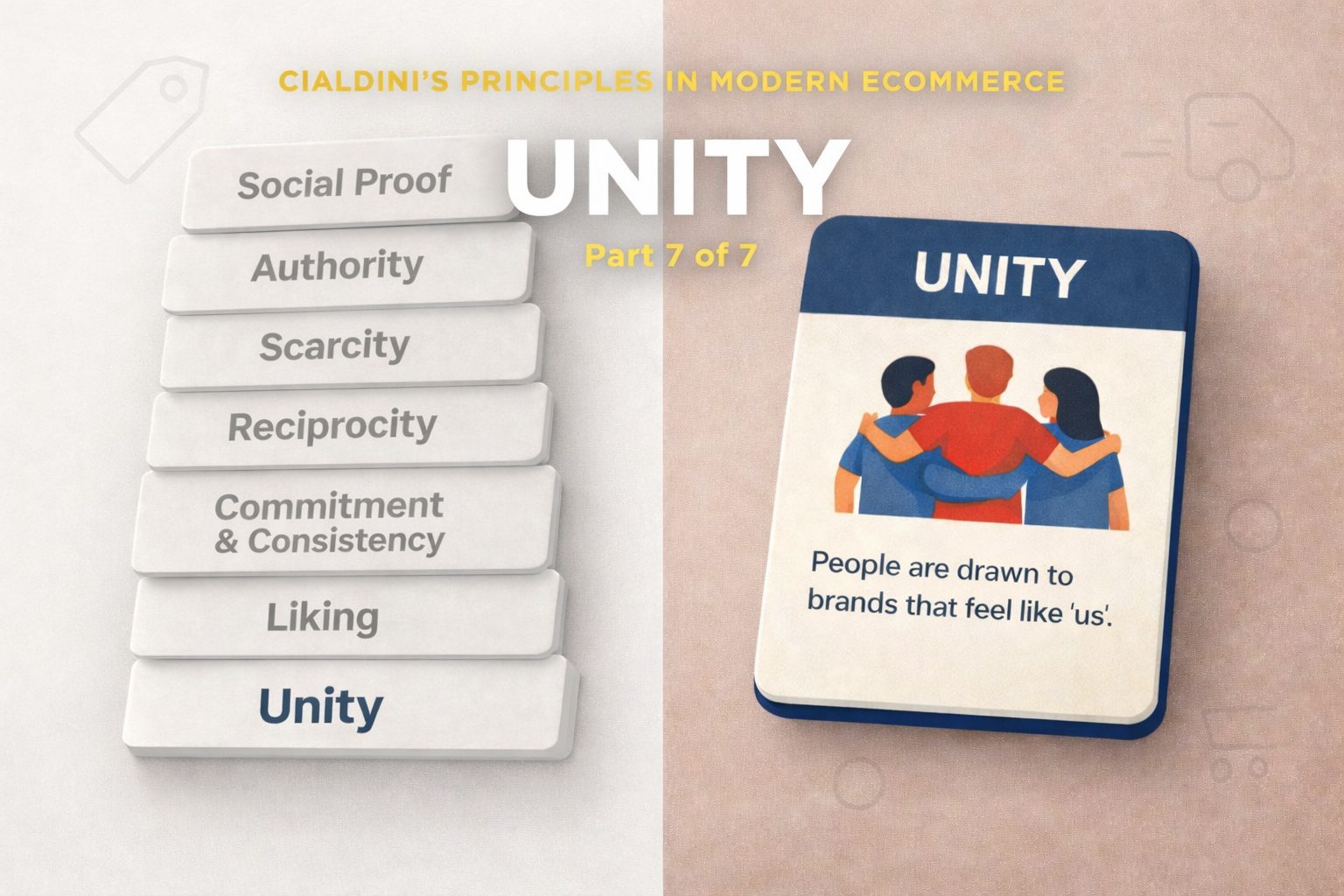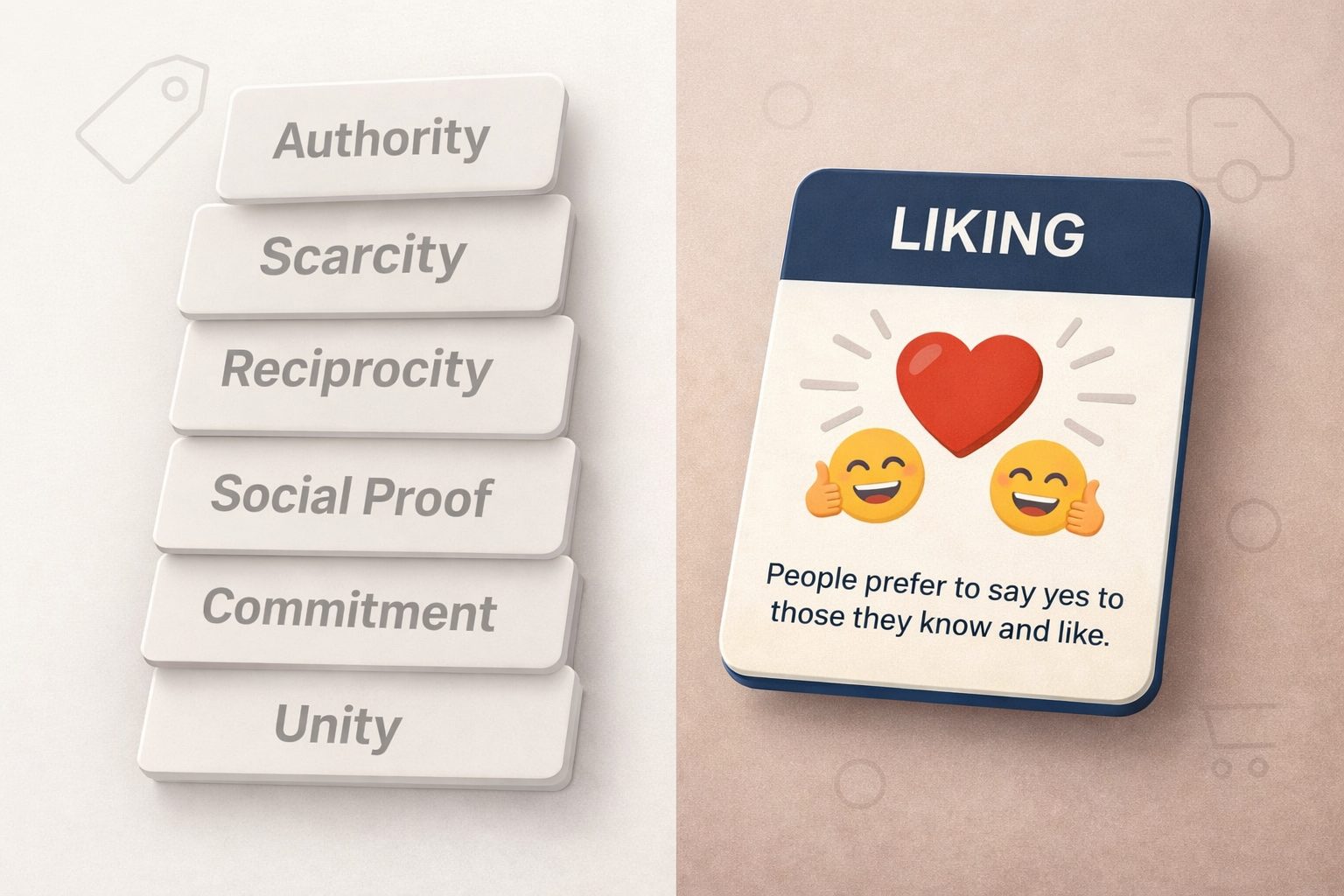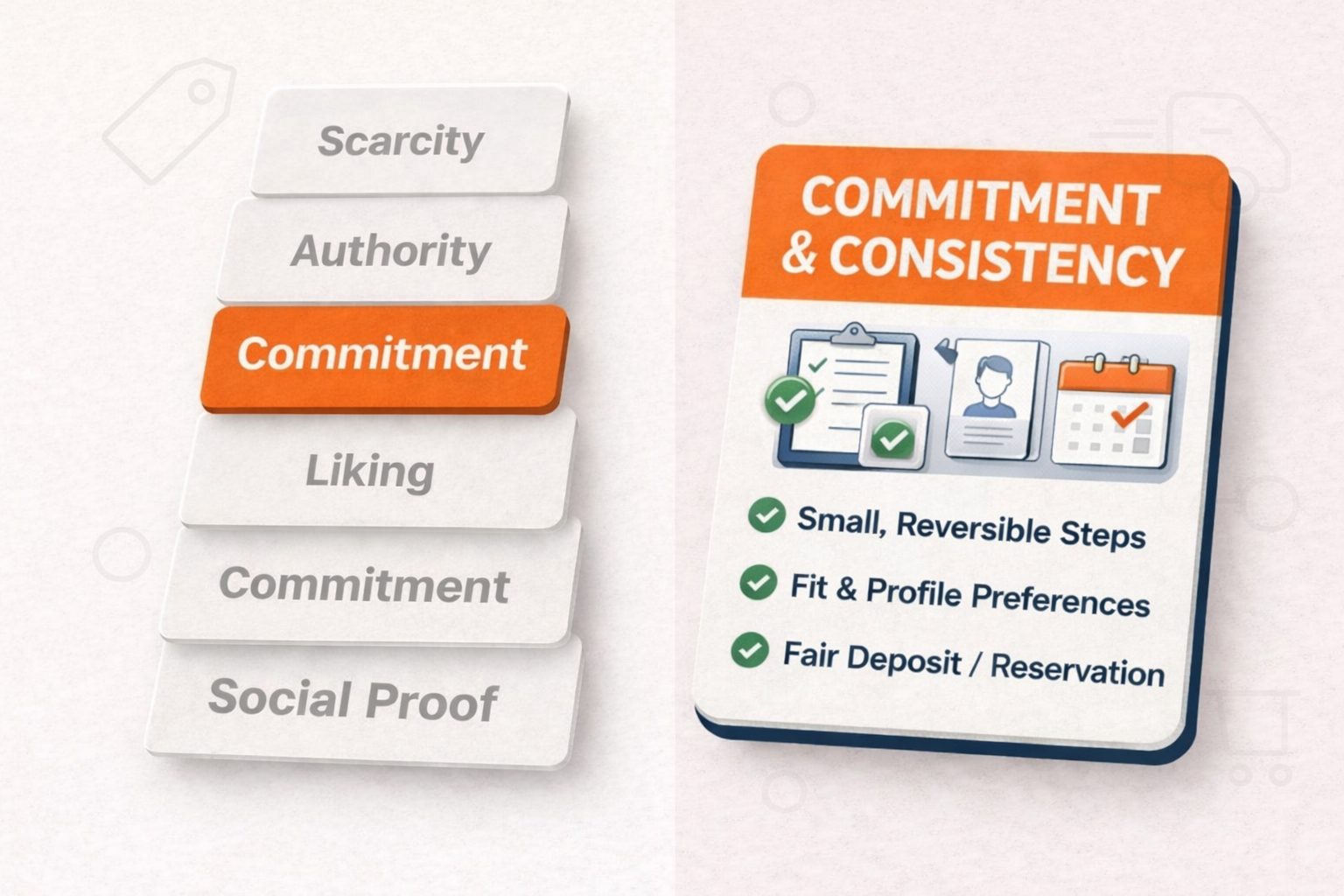No tricks, in this post you’ll find how you can easily save your business thousands dollars on paid search advertising. Moreover it will not require much efforts, while may require a bit of courage.
This post was triggered by two events:
- Top 100 Australian Retailer website performance research we recently conducted
- A presentation from Steve Tadelis I had a pleasure to attend not so long time ago
The presentation was about a study that Steve and his colleagues conducted few years ago regarding bidding on brand keywords in eBay.
The screenshot below shows as an example what will you see if search for “coles” in Google.
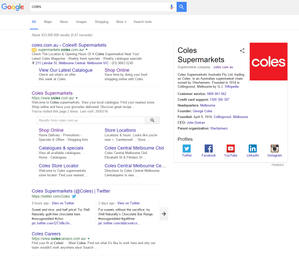
At the very top, right below the search bar we see paid ad that linked to Coles website. Each time users click to the ad Coles pays some money to Google.
Appeared that 75% of Top 100 Australian online retailers are bidding for brand keywords. What is wrong with that?
Naive ROI calculation
Why they do it? I suspect that in addition to great sales skills of guys and girls from Google, an important component here is naive ROI calculation. The way that Google recommend to calculate ROI on advertising campaign (copied from https://support.google.com/adwords/answer/1722066?hl=en-AU)
One way to define ROI is:
(Revenue – Cost of goods sold) / Cost of goods sold
Let’s say that you have a product that costs $100 to produce, and sells for $200. You sell 6 of these products as a result of advertising them on AdWords, so your total cost is $600 and your total sales is $1200. Let’s say your AdWords costs are $200, for a total cost of $800. Your ROI is:
($1200 – $800) / $800
= $400 / $800
= 50%
In this example, you’re earning a 50% return on investment. For every $1 you spend, you get $1.50 back.
Usually brand/company name cost per click isn’t high and users who are looking for brand have rather high probability to buy from it, so indeed it looks like you pay a bit of money for paid ad, but seems to you get measurable and good ROI. At least based on this naive ROI calculation approach.
Where is the flaw? What is wrong with this naive ROI calculation?
Nothing expect that based on eBay research, removing such ad doesn’t reduce traffic, people just more click to organic search results, on our screenshot it is what appears just next from paid ad. Hence the business is getting the same traffic, but don’t pay for it. Naive ROI calculation assumes that without paid search ads on brand keyword we get zero traffic and eBay study proved that it isn’t correct.
We just save money on what we paid to Google. So paying for brand keyword provided negative ROI to eBay, because naive ROI calculation doesn’t take into account possibility that we don’t pay for clicks and get the traffic free of charge.
Using example from Google support above the ROI from will be comparing profit with and without advertising.
- Profit with free organic visitors – $1200-$600=$600
- Profit with paid visitors – $1200-$800=$400
- Uplift: $400-$600= -$200
- ROI -$200/$200 = -100%
So we have negative 100% ROI, which effectively means that our paid search ads money were just wasted.
Hence the recipe to easily save thousands of dollars is reconsider bidding on your own brand/company name keyword. I wrote reconsider because maybe there is a slim possibility that bidding on your company name does provide you positive ROI. It may (but not must) be in cases if your SEO is bad and your are not number one with your own brand or if your competitors bid for your brand keyword. But what I would strongly recommend to do is at least make an experiment and try to turn it off for certain period of time and see what happens. Based on extensive eBay study, the chances that you save good $$$ are pretty high!
A diagram that help you to make a decision, should you bid on your own brand keyword in Adwords
